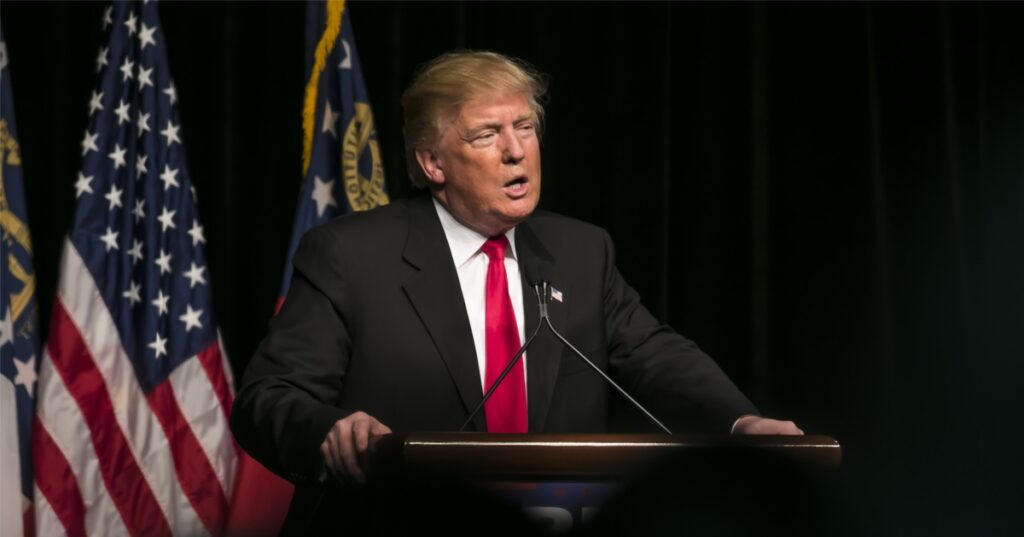Illinois Gov. JB Pritzker, a Democrat, gave a rare concession on Fox News that border crossings have dropped since President Trump took office, while still pressing for a lasting solution from Washington and criticizing the federal response when migrants poured into Chicago. He acknowledged improvement in border control but argued that enforcement alone is not enough without durable legislation. The governor also reminded viewers that cities like Chicago were left scrambling when tens of thousands of migrants arrived, and he urged both parties to pursue meaningful immigration reform.
Pritzker told Fox News’ Special Report that the flow at the border has eased, and that admission stands out coming from a Democrat who usually blames Republican policies for immigration problems. “Since President Trump has taken office, we don’t have the problem that existed before with people coming across the border,” he said, a clear nod to enforcement and operational changes at the border. That acknowledgment matters because it breaks the usual partisan script and gives conservatives a rare win to point to. It also opens the door to practical discussion instead of constant blame-shifting.
The governor has been outspoken about what he sees as federal neglect when migrants arrived in Chicago, saying state and local systems were overwhelmed while Washington offered little help. According to Pritzker, tens of thousands of individuals were shipped to Chicago by Texas Gov. Greg Abbott, leaving local officials to scramble for shelter, services, and coordination. That left civic leaders holding the bag and taxpayers footing unexpected costs, which is a legitimate complaint no matter your party. Local burdens from a national problem underscore why federal leadership matters.
During the interview, host Bret Baier asked Pritzker to name the best thing Trump has done since taking office, and the governor pointed to the improved border situation before shifting to broader criticisms. Conservatives can appreciate the concession while also recognizing Pritzker’s point: enforcement improvements are not the same as a permanent fix. It’s reasonable for any governor to demand both immediate operational gains and long-term solutions that prevent future crises. Politics aside, cities want reliable policy, not ad hoc crisis management.
Pritzker argued that with unified control of the White House, Congress, and the courts, a president should take the chance to enact sweeping reform. He questioned why the administration focuses on deploying troops, ICE, and CBP instead of pushing durable legislation that would rewrite a broken immigration system. That critique hits a familiar conservative note: secure borders are essential, but so is crafting policy that endures and respects the rule of law. Enforcement without law leaves gaps that can be exploited and cycles that repeat.
On the topic of national sovereignty, Pritzker echoed a fundamental conservative principle when he said, “Look, I like that we have borders. We need borders, right?” He reinforced the point with another exact line, “You don’t have a country if you don’t have borders.” Those words resonate with voters who prioritize security and order, and they underline why bipartisan action should be possible on basics like who enters the country and under what terms. When even Democratic governors use conservative language on borders, it shows common ground exists.
Chicago’s experience became a case study in what happens when federal policy fails to manage cross-border flows and states start to ship people to destination cities as political pressure tactics. The mayoral and gubernatorial scramble for resources exposed gaps in housing, public health, and municipal budgets that local leaders did not plan for. Conservatives point to this as proof the federal government must do its job: enforce the law, secure the border, and design immigration rules that cities can implement without chaos. Solving the problem at the source is better than shifting the cost to cities.
Pritzker’s push for a fresh immigration bill reflects both frustration and practicality, acknowledging that the last major overhaul came decades ago and that the system is overdue for modernization. He urged Democrats and Republicans to work together on legislation that secures the border and reforms legal immigration pathways. Republicans should welcome this willingness to negotiate so long as the result prioritizes security, the rule of law, and realistic enforcement mechanisms. That approach offers a path to durable policy instead of perpetual political theater.



